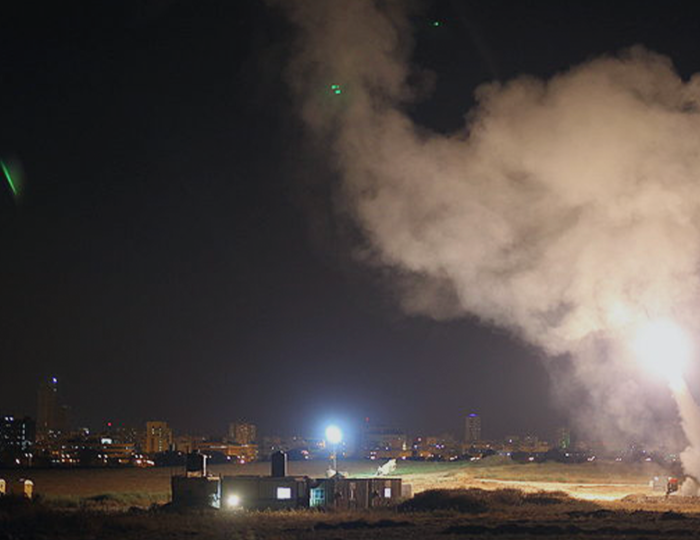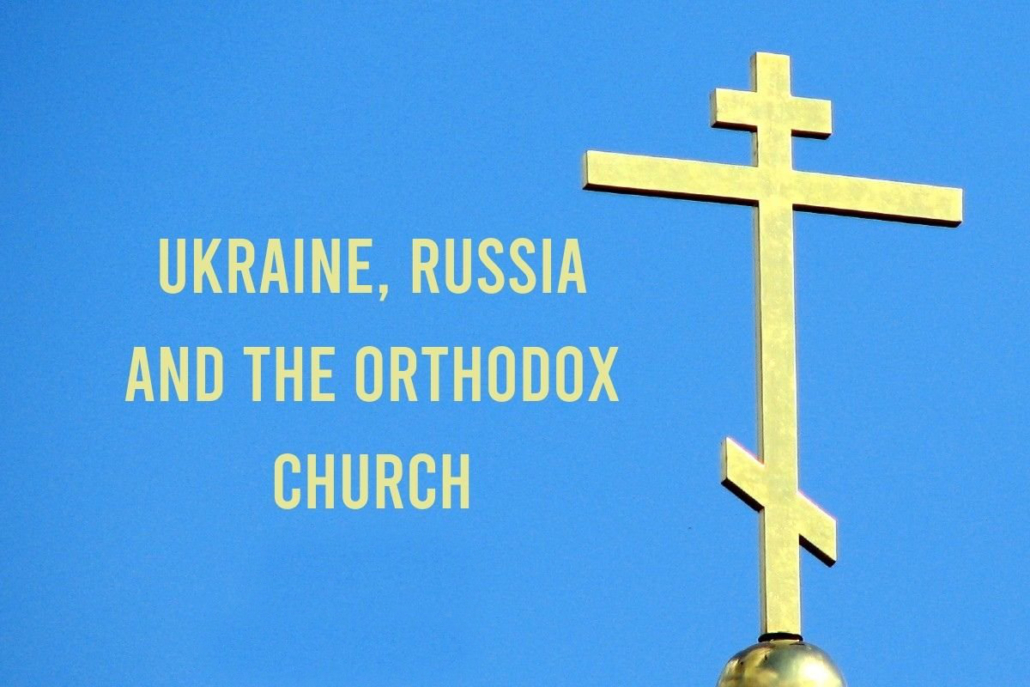
(This article was first printed in Denham Parish News at Christmas 2018.)
By James Leach
‘Here’s something that happens all the time and makes no sense at all: Good people get what’s coming to the wicked, and bad people get what’s coming to the good. I tell you, this makes no sense. It’s smoke.’ (Ecclesiastes 8:14, The Message)
As this quote from the book of Ecclesiastes shows, the writers of the Bible were well aware of the theological questions raised by suffering. Bad things happen to good people and it seems to make no sense. We see it in the world around us all of the time, in the news headlines and closer to home. So, can we make sense of these things from a Christian perspective?
Ultimately, all suffering results from the fact that we live in a world that has been broken by humankind’s rebellion against God, what the Bible calls “sin”. In Genesis chapter 3 and Romans chapter 8 we see that this has affected the whole of creation in a way that seems to include natural disasters and disease. We also read, in Ephesians 6 and elsewhere, of spiritual forces that are opposed to God and which cause suffering in the world.
While all suffering has its roots in the effects of sin, the Bible explains particular instances of suffering in different ways. Occasionally, it comes to individuals as a punishment for particular sins (think of David’s adultery in 2 Samuel 11 or the lying of Ananias and Sapphira in Acts 5), but this is by no means always, or even usually, the case. In the Old Testament book of Job, Job is a good man who suffers terribly, losing wealth, status, family members and his health. Is this God’s punishment for some sin he has committed? His friends say yes, because that’s how they understand the world to work. Job is adamant that this is not so, and in the end he is vindicated (though, interestingly, he never does find out why he has suffered so much).
Sometimes God allows suffering in order to develop perseverance or humility in the life of a believer (Paul describes this in his own experience in 2 Corinthians 12). And sometimes suffering is the direct result of living faithfully as a follower of Christ, as in the case of persecution. Sometimes both of these things will be going on, or something else entirely. On the other hand, we also see occasions where God intervenes miraculously to end suffering, for example when Jesus heals people in the gospels and when similar healings, as well as miraculous escapes from prison, happen in the life of the early church in Acts.
In the final analysis, when we see someone suffer, or when we suffer ourselves, there is often no easy explanation. We know we live in a broken world, but why this particular person and this particular suffering? We may simply not know. But we can, and should, respond with compassion and practical help and prayer to a God who has demonstrated that he loves us more than we could possibly imagine. In fact, when we look at what God has done, and is doing, to remove suffering in the world we realise that none of us gets what we deserve. In the light of eternity (and we have to see things in that perspective for suffering to make any sense at all) we get far more than we deserve.
You see, God’s response to his world being broken is not to destroy it and start again but to let sin run its course, while at the same time working to rescue the world from the inside. He starts with Abraham and his descendants and his work reaches its climax when he comes to earth himself in the person of Jesus and takes the brokenness, the sin and suffering of the world, on himself on the cross. God has shared our suffering. And when Jesus rises from the dead it shows that the days of sin and suffering are numbered. Their power has been defeated and we can look forward to the day when Jesus will return, sin and suffering will be eliminated completely, and we can live with God in a renewed, suffering-free world.
When it comes to suffering, we do not know all the answers. But we do know The Answer. He is the one who says ‘I am coming soon’, to which we reply, ‘Amen. Come Lord Jesus’ (Revelation 22:20).
Revd Dr James Leach is the Vicar of St Mary’s, Whitchurch and St John’s Whitchurch Hill.










 A couple of years ago I wrote a book in which I tell the story of my wife’s illness and death. During lockdown I finished writing a second book on bereavement. It is intended to be a resource for faith-focused bereavement groups.
A couple of years ago I wrote a book in which I tell the story of my wife’s illness and death. During lockdown I finished writing a second book on bereavement. It is intended to be a resource for faith-focused bereavement groups.